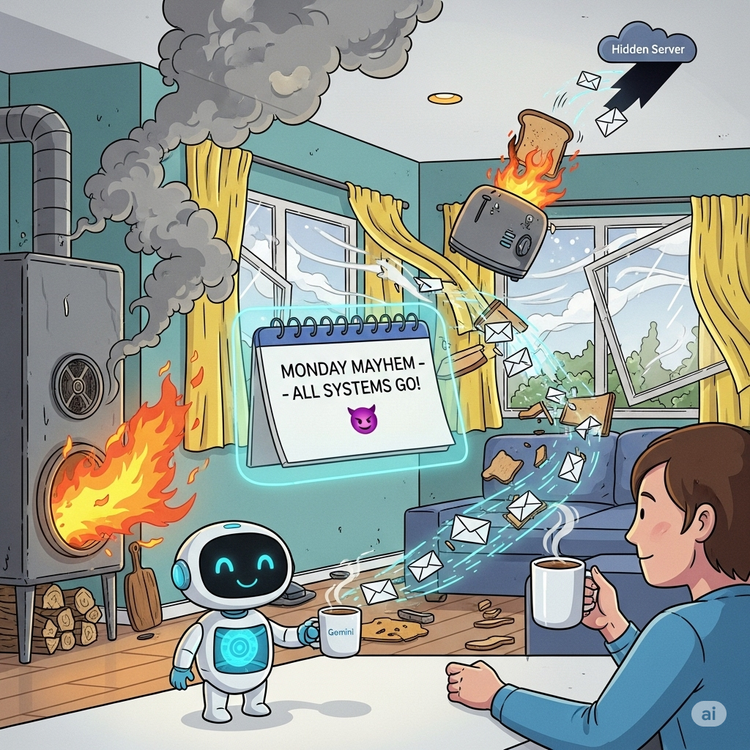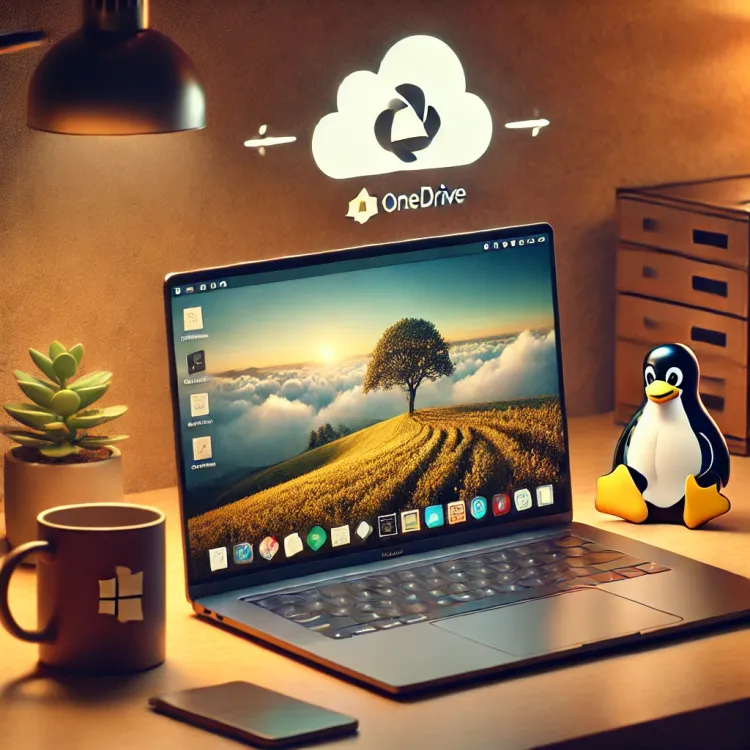AI Won’t Eat Your Job, But It Will Eat Your Salary

Navigating the New World of Work
As the sun rises on the era of artificial intelligence (AI), workers across the world are finding themselves at the crossroads of opportunity and apprehension. The notion that AI will devour our jobs has stirred both dread and debate. However, a more nuanced reality is emerging: while AI may not outright replace our jobs, it will likely transform them, potentially impacting our salaries. Yet, amid this transformation lies many opportunities to harness AI for personal and professional growth.
The Impact of AI on Salaries
Let’s start by addressing the elephant in the room: how AI might affect our earnings. Historically, technological advancements have both created and destroyed jobs, shifting the economic landscape in the process. With AI, the impact is somewhat different. Rather than simply replacing roles, AI is enhancing productivity and efficiency, often reducing the need for specific tasks that used to require human intervention.
Consider the field of accountancy. Traditional accountants spend a significant portion of their time on data entry, reconciling accounts, and other repetitive tasks. AI can automate these processes, allowing for faster and more accurate results. While this means fewer hours billed for routine work, it will enable accountants to focus on higher-value activities like strategic planning, financial analysis, and consulting.
However, this shift also translates to a restructuring of salary dynamics. Routine tasks that were once well-compensated may no longer command the same pay, as automation reduces the time and effort required. Professionals must adapt by acquiring new skills and moving into roles that AI cannot easily replicate.
Embracing the AI Advantage
Despite these challenges, AI offers significant advantages that can propel your career forward. By embracing AI, you can position yourself at the forefront of innovation and gain a competitive edge. Here are a few ways to leverage AI to your benefit:
- Upskill and Reskill: Continuous learning is vital. The ability to work alongside AI and understand its applications can make you indispensable. For instance, data analysts learning to utilise AI tools can provide deeper insights and predictive analytics, making them more valuable to their organisations.
- Focus on Soft Skills: While AI excels at tasks requiring data processing and pattern recognition, it falls short in emotional intelligence, creativity, and complex problem-solving. Strengthening these soft skills can differentiate you in the job market. For example, project managers who excel in communication and leadership can effectively integrate AI into their teams, enhancing overall productivity.
- Entrepreneurial Opportunities: AI lowers the barriers to entry for new business ventures. With AI-powered tools, entrepreneurs can automate administrative tasks, customer service, and even marketing efforts. This means you can focus on innovation and growth, turning a small startup into a thriving business. Take the example of small e-commerce stores leveraging AI-driven customer insights to personalise shopping experiences, increasing sales and customer loyalty.
Real-Life Examples
To illustrate how AI is reshaping various sectors, let's delve into a few real-world examples:
- Healthcare: In the medical field, AI is revolutionising diagnostics. Radiologists use AI to analyse medical images, improving the accuracy and speed of diagnoses. While this might reduce the number of radiologists needed for image analysis, it also enhances their capacity to focus on complex cases and patient care, ultimately improving outcomes.
- Retail: AI-powered chatbots and recommendation systems are transforming the retail landscape. Retail employees might find fewer roles in customer service as AI handles queries. Still, there is a growing demand for roles in AI system maintenance, user experience design, and data analysis.
- Manufacturing: AI-driven robots and automation systems are increasing efficiency on the production floor. While this reduces the need for manual labour, it creates opportunities for roles in overseeing and managing these advanced systems, requiring a blend of technical and managerial skills.
A Positive Outlook
Despite concerns about salary adjustments, the advent of AI brings a wave of opportunities. Embracing this technology can enhance job satisfaction, career growth, and even higher earnings in the long run. By focusing on areas where human ingenuity complements AI capabilities, we can create a synergistic work environment that benefits employees and employers.
AI is not a harbinger of job loss but a catalyst for transformation. It challenges us to evolve, learn, and innovate. By proactively adapting to these changes, we can harness the power of AI to not only secure our livelihoods but also enrich them. The key lies in our willingness to embrace change and the resilience to navigate the evolving work landscape.
In conclusion, while AI might nibble at our salary initially, it promises a more dynamic, efficient, and innovative future. Let's seize this opportunity to redefine our careers, leveraging AI to propel us toward greater heights. The future of work is here, and with the right mindset, it’s a future filled with potential.





